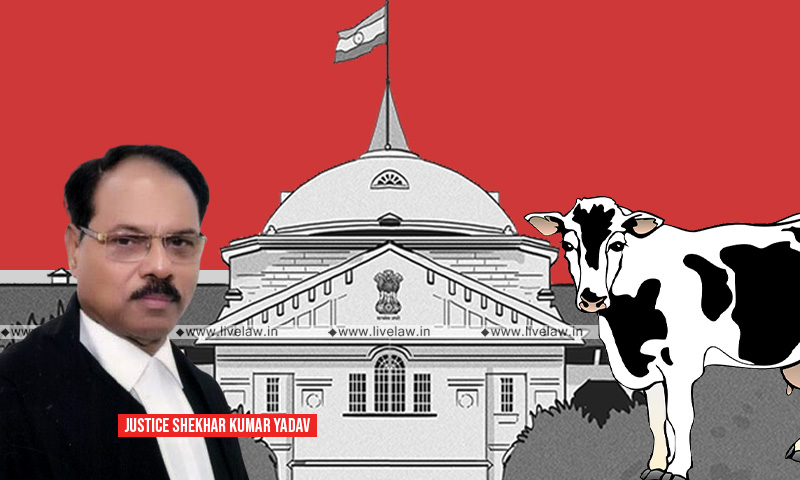)
Why eminent historians claim cow flesh was consumed in Vedic times despite no evidence to back it
FirstpostThe rule of the Vedas that a cow is ‘Aghnya’ — meaning, not to be killed or violated — has been reiterated again and again in Sanskrit literature In every society, every civilisation and every culture, there is something that is held unique, sacred and inviolable by time and space. In order to justify the beef-eating, the British started the canard, later propagated by Marxist historians that Hindus have also been eating cow meat right from Rig Vedic times. From Rig Veda and Atharva Veda we know that meat of a few domestic animals like sheep, goat, buffalo, bull, ox, male calf, etc, were consumed but not cow. Rig Veda clearly lays down that “The evil person who kills or eats the meat of horse or a cow deserves to be executed.” The fact, however, is that throughout the Vedas the cow is called “aghnya” i.e. The Rig Veda and Sama Veda call the cow “aghnya” and “Aditi”, i.e.
History of this topic
Discover Related

)













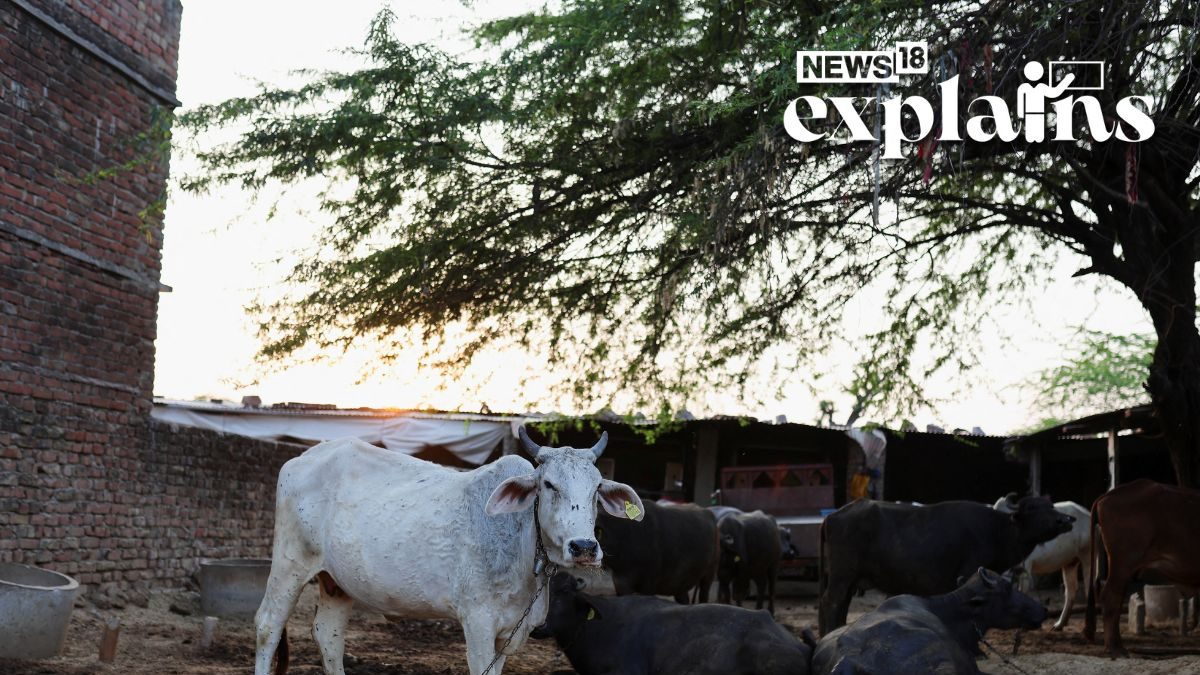

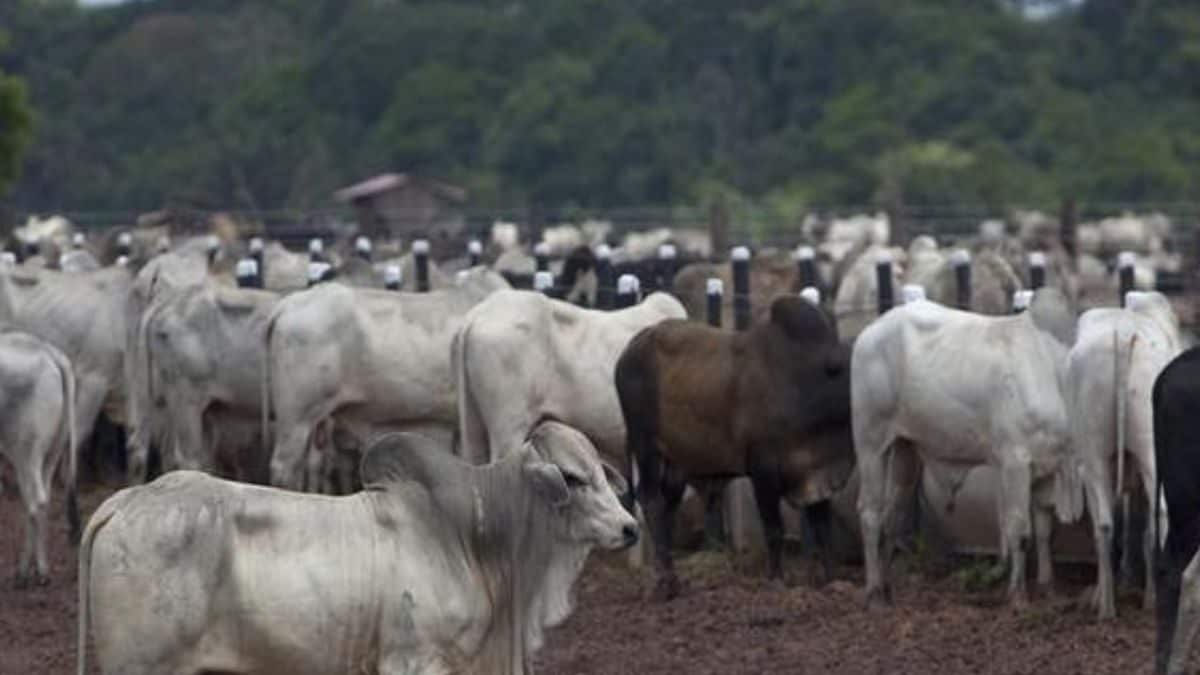
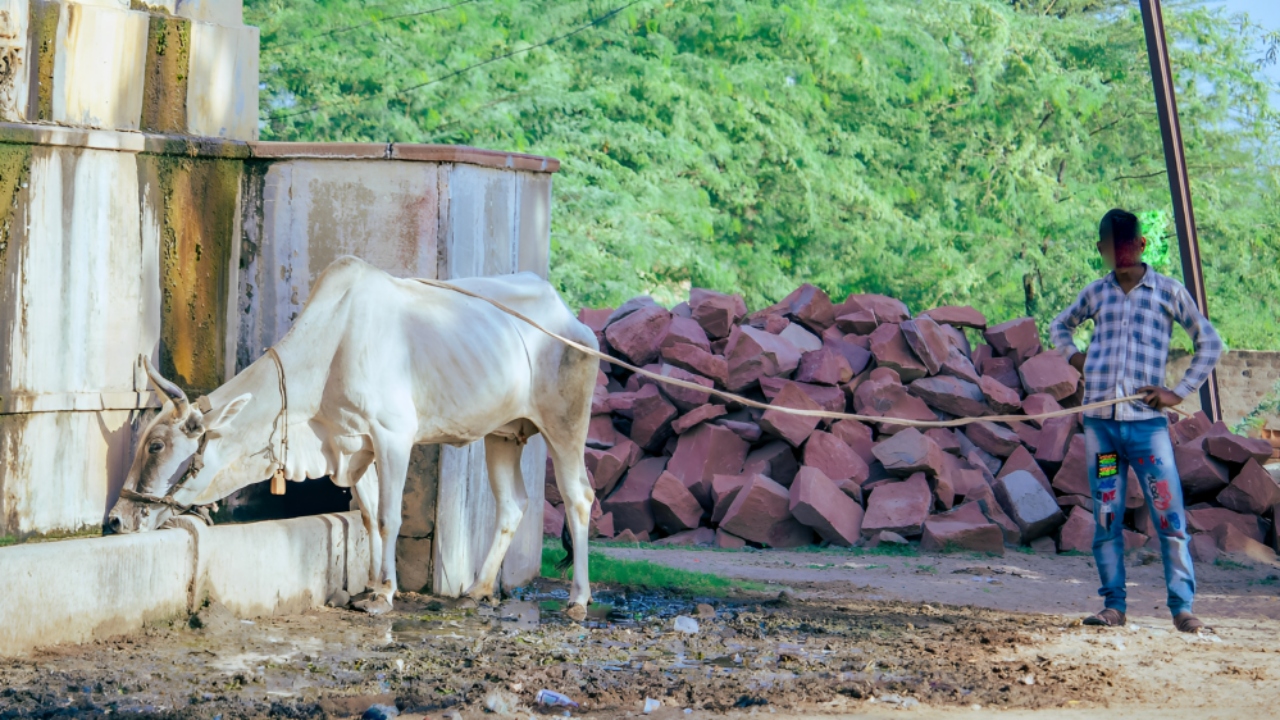

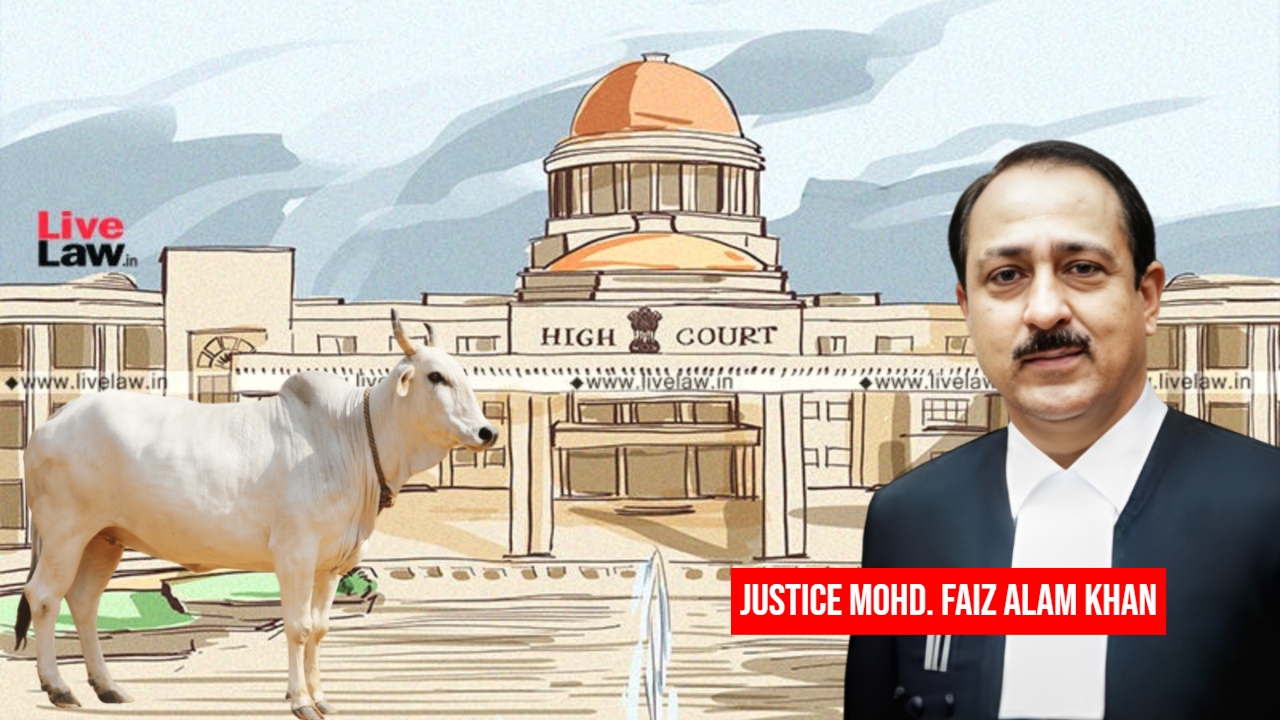

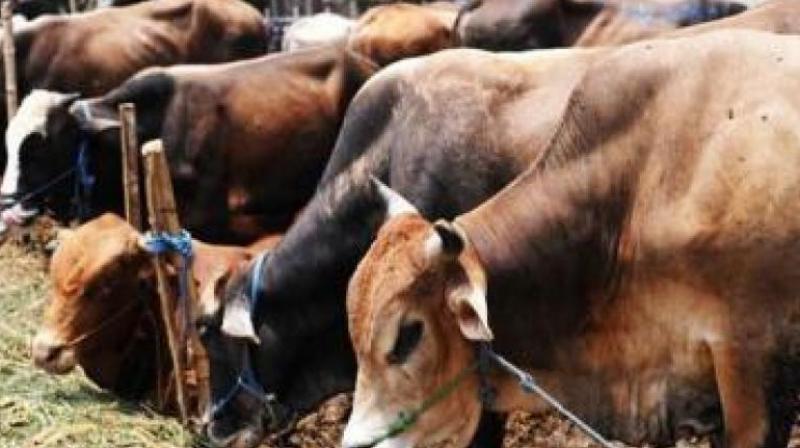
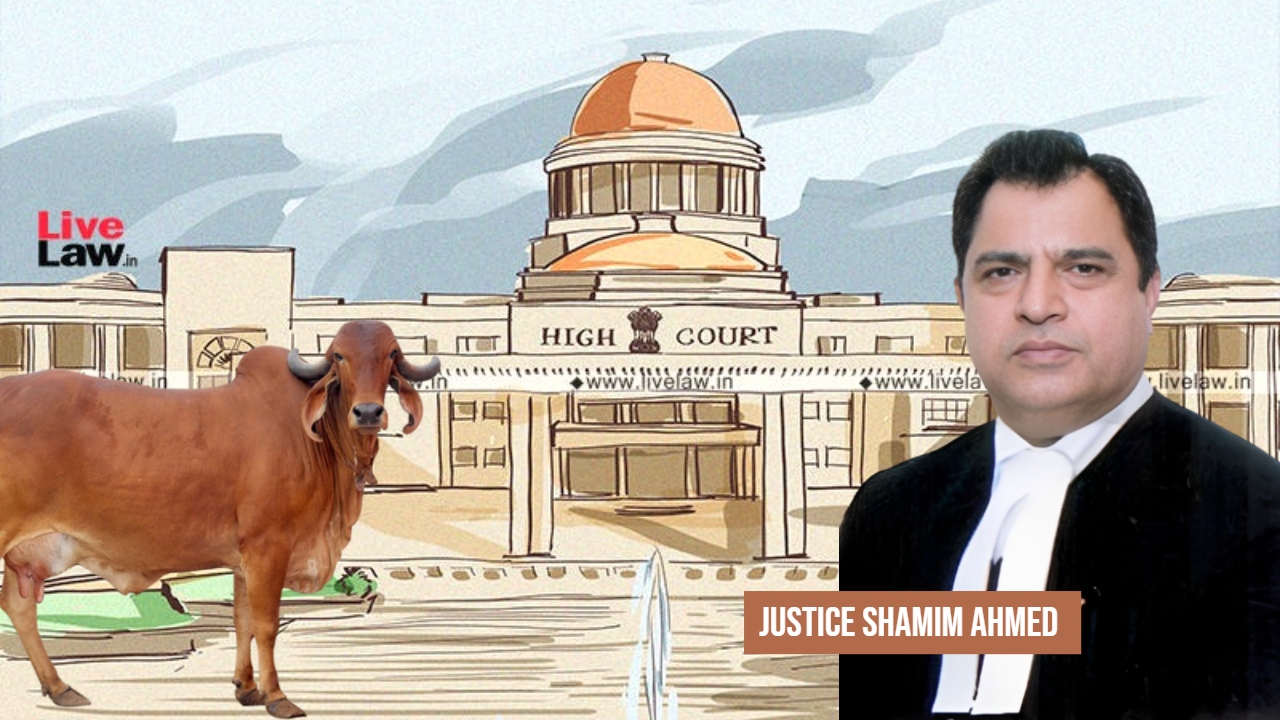

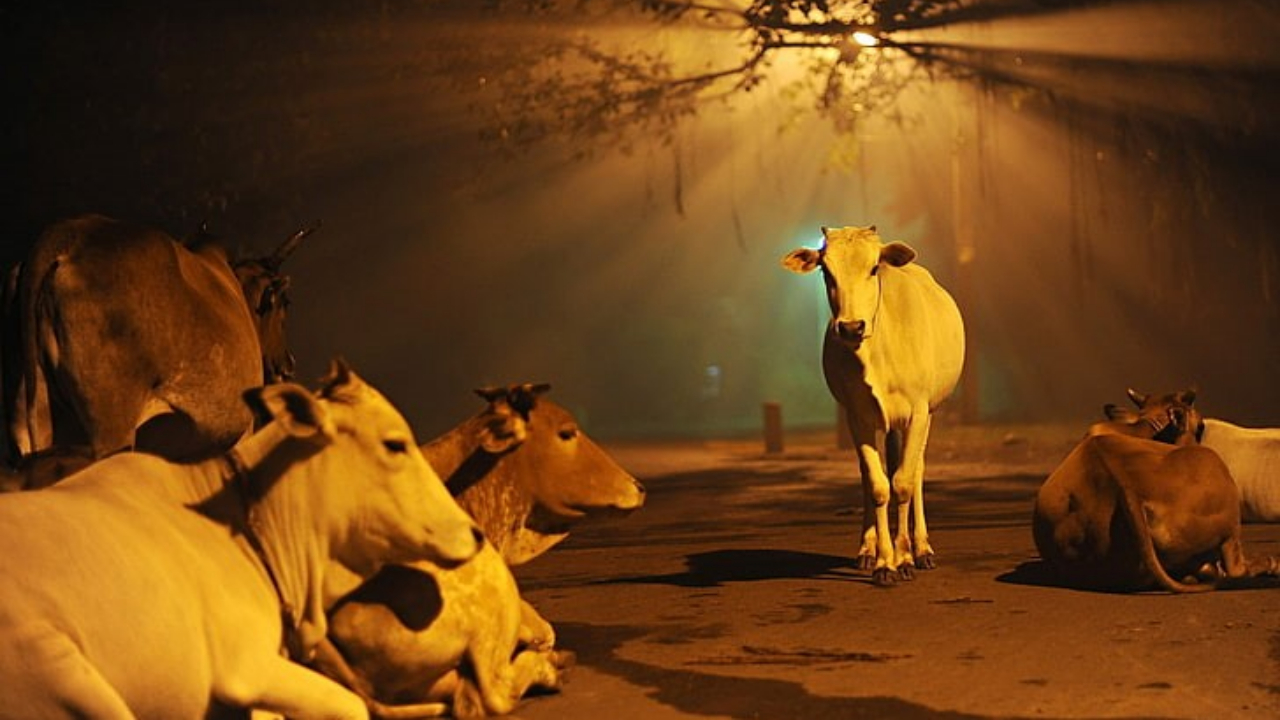

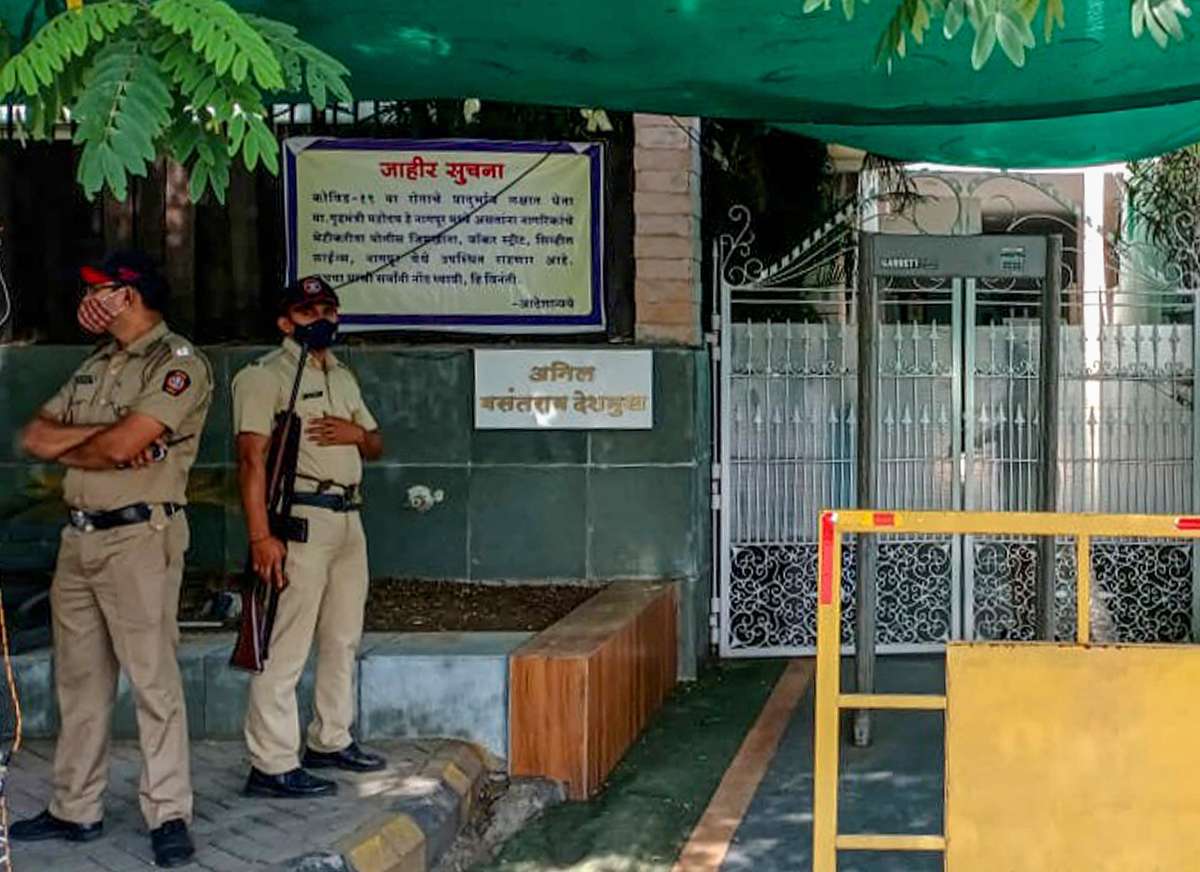
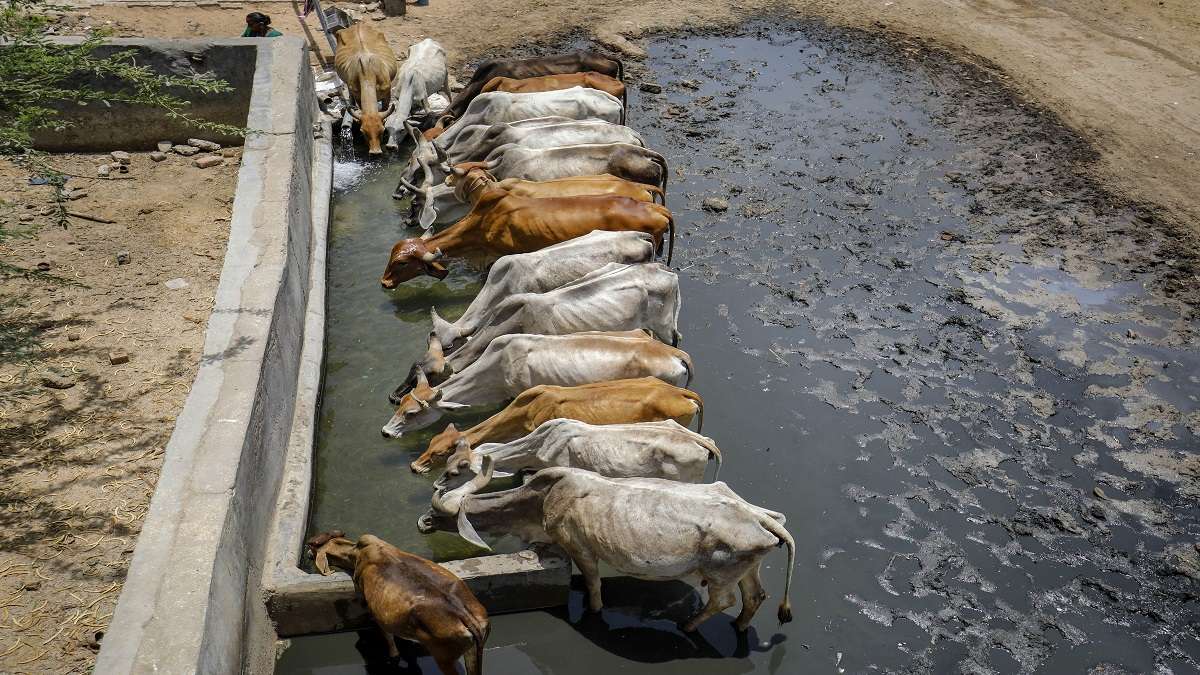
)
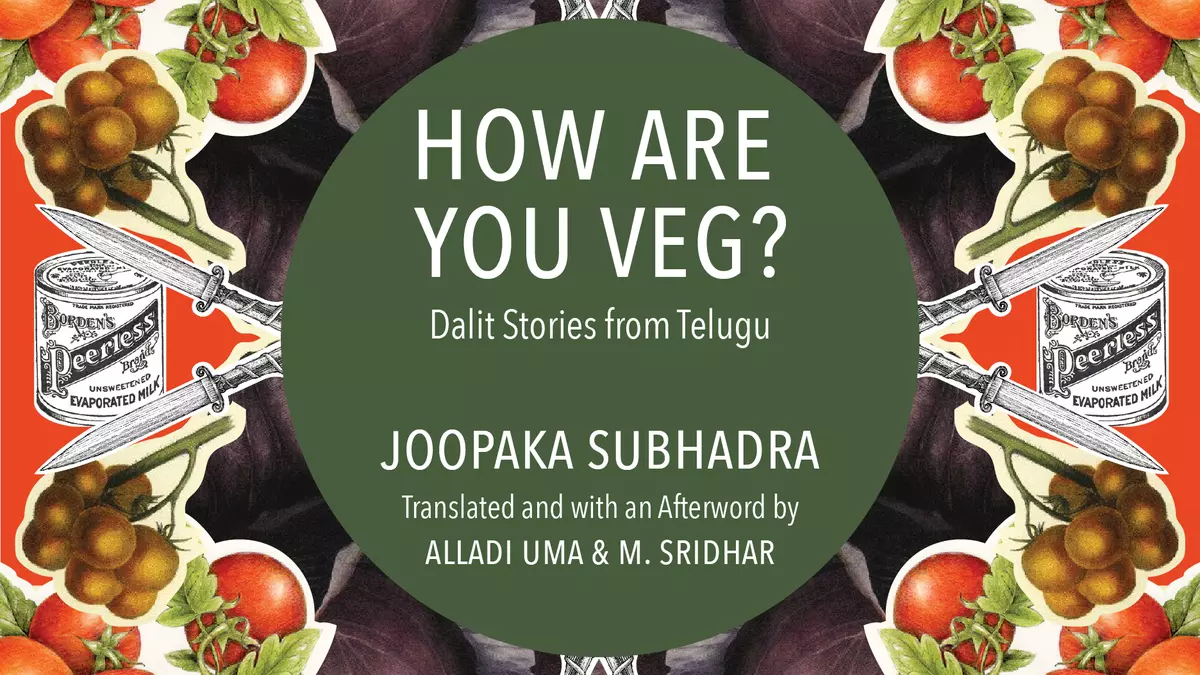






)

)






